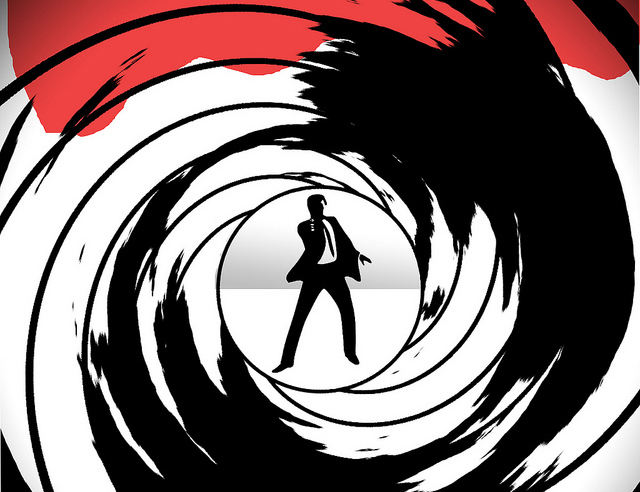Bill C-51 does not explain precisely what the “disruption” powers in the proposed Bill entail. It gives CSIS licences to engage in break-ins, computer hacking, draining bank accounts, ripping up passports, “smear campaigns,” kidnapping, indefinite detention or much more that violates constitutional rights – so long as in advance judges sign off, based only on a vague notion of national security in a secret warrant.
Legal experts say this makes “judges enablers of executive illegality.”
Disruption powers are not new to CSIS or to Canadian espionage. In the lead-up to the G8, it was later exposed, CSIS conducted a massive operation of infiltration. But the tactic goes back much earlier. For example, on March 27, 1975, the Canadian cabinet published a secret directive called The Disruption Mandate. This memo, recently released by The Globe, empowered the bygone RCMP Security Service to do what was deemed necessary for “deterring, preventing, and countering” threats, in secret.
The resulting activities and scandals led to the McDonald Commission and the creation of CSIS.
Probably the most famous was in 1972, when the RCMP Security Service burnt down a barn in rural Quebec to prevent a meeting between suspected Front de libération du Québec separatists and Black Panthers. The act came to symbolize years of unconstrained “disruption” activities by the Mounties.
As you can see, the power of disruption is basically a euphemism to do just about anything. In fact, the only limits to CSIS’s powers in the Bill are that they cannot kill or harm, or “violate the sexual integrity of an individual.”
THE DISRUPTION MANDATE
RECORD OF CABINET DECISION
Meeting of March 27, 1975
The Role, Tasks and Methods of the RCMP Security
No, 7327 F. 2
The Cabinet agreed that:
(a) the RCMP Security Service be authorized to maintain internal security by discerning, monitoring, investigating, deterring, preventing and countering individuals and groups in Canada when there are reasonable and.probable grounds to believe that they May be engaged in or may be planning to engage in:
(i) espionage or sabotage;
(ii) foreign intelligence activities directed toward gathering intelligence information relating to Canada;
(iii) activities directed toward accomplishing governmental change within Canada or elsewhere by force’or violence or any criminal means;
(iv) activities by a foreign power directed toward actual or potential attack or other hostile acts against Canada;
(v) activities of a foreign or domestic group directed toward the commission of terrorist acts in or against Canada; or
(vi) the use or the encouragement of the use of force, violence or any criminal means, or the creation or exploitation of civil disorder, for the purpose of accomplishing any of the activities referred to above;
(b) the RCMP Security Service be required to report on its activities on an annual basis to the Cabinet Committee on Security and Intelligence;
(c) the’ Solicitor General prepare for consideration by .the Prime Minister a public statement concerning the’role of the- RCMP Security Service.
R. F. Charro • Supervisor of Cabinet Documents
April 1, 1975
